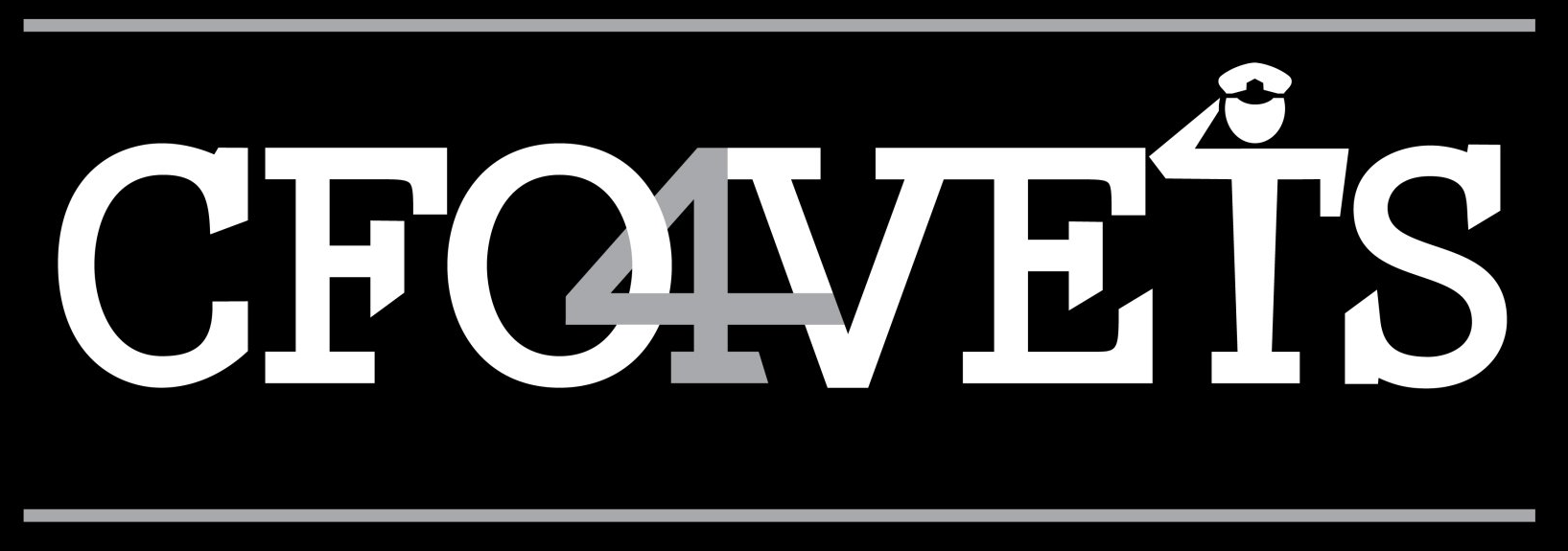I enjoy many things related to the exploration of the finance realm, but one of my guiltiest pleasures is watching Shark Tank. You can learn so much from the show if you’re an aspiring (or existing) entrepreneur, as it teaches you a lot about the most common valuation traps those seeking funds fall into. Though some very well-established, successful businesses seek capital, for the most part, you will find startups entirely different from well-established, high-profit enterprises.
🏈 Take the Washington Commanders, which sold for $6.05B last month. The Commanders were purchased for $800M in 1999.
🍎 Earlier this week, Apple’s stock was trading at about $178 per share. $178 per share translates to a market capitalization of $2.78T ($178 x 15.8 billion shares outstanding= $2.78T). That is a staggering valuation ($2,780,000,000,000)!
Though the previous valuations are easy to understand, given the Commanders' fair market value sale and Apple's share value on the Nasdaq, the numbers are staggering to those just starting. They may only sometimes provide realistic learning opportunities. In truth, determining the value of a small, privately-owned business can be a tricky endeavor since the valuation estimate will always vary, depending on the rationale for appraising it. It is essential to comprehend the distinctions between the reasons for valuing the business, whether a company is being sold, valued for tax purposes, a buy-sell agreement, litigation, or raising capital.
When valuing privately owned and small private businesses specifically, a discount for lack of marketability is incorporated into the valuation estimate to compensate for the absence of a ready-made market for a privately-owned company. As risk increases, the valuation decreases.
On Shark Tank, business owners commonly get tripped up in their quest to raise capital by pitching using a bloated valuation.
🦈 For example, an owner requests a $1,000,000 investment for a 4% stake in a business.
💲 Translation: Valuation = ($1,000,000/4%) = $25M!
As the Sharks dissect the valuation, they discover that the business is either a start-up with zero revenues, a product or service in a crowded, competitive industry, or a seemingly mediocre business plan and value proposition. Hence, no deal. It would behoove anyone hoping to pitch an idea to investors to comprehend the parameters of their company’s value, not just the financial metrics. Study successful enterprises in your industry and their valuations.
If it’s your business, approach any capital raise with an aggressive realism in your projections that more closely matches your company's value plus growth potential. Then, if you are ever on the hot seat with potential investors, you can avoid one of those cringeworthy moments endemic to many Shark Tank episodes!



Stay Connected!
Contact Us
Thank you for staying in touch! We look forward to helping.
Please try again later




